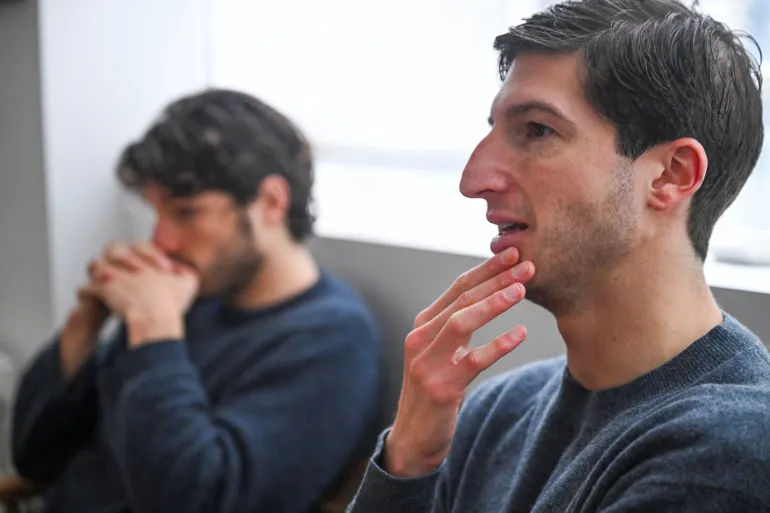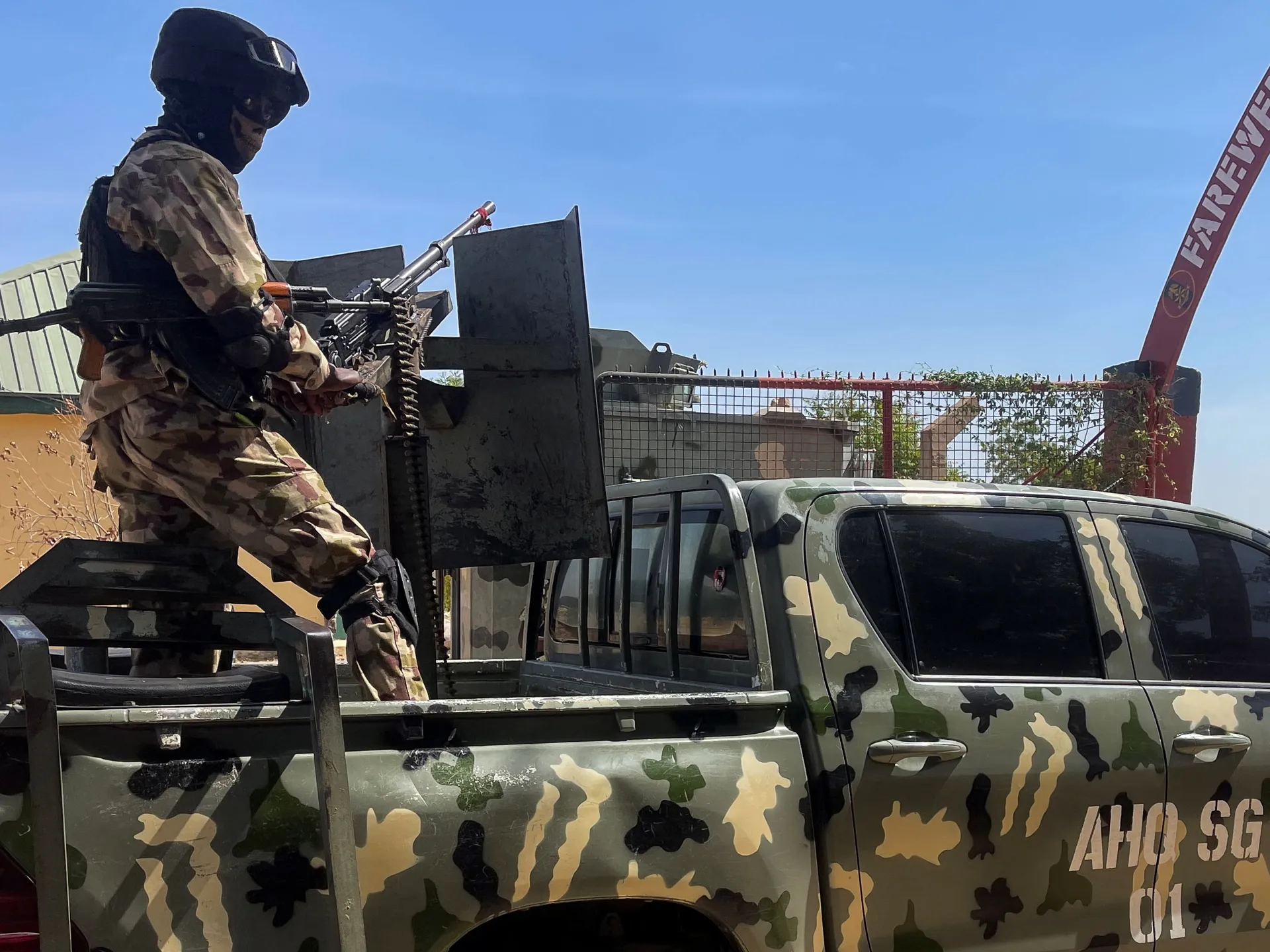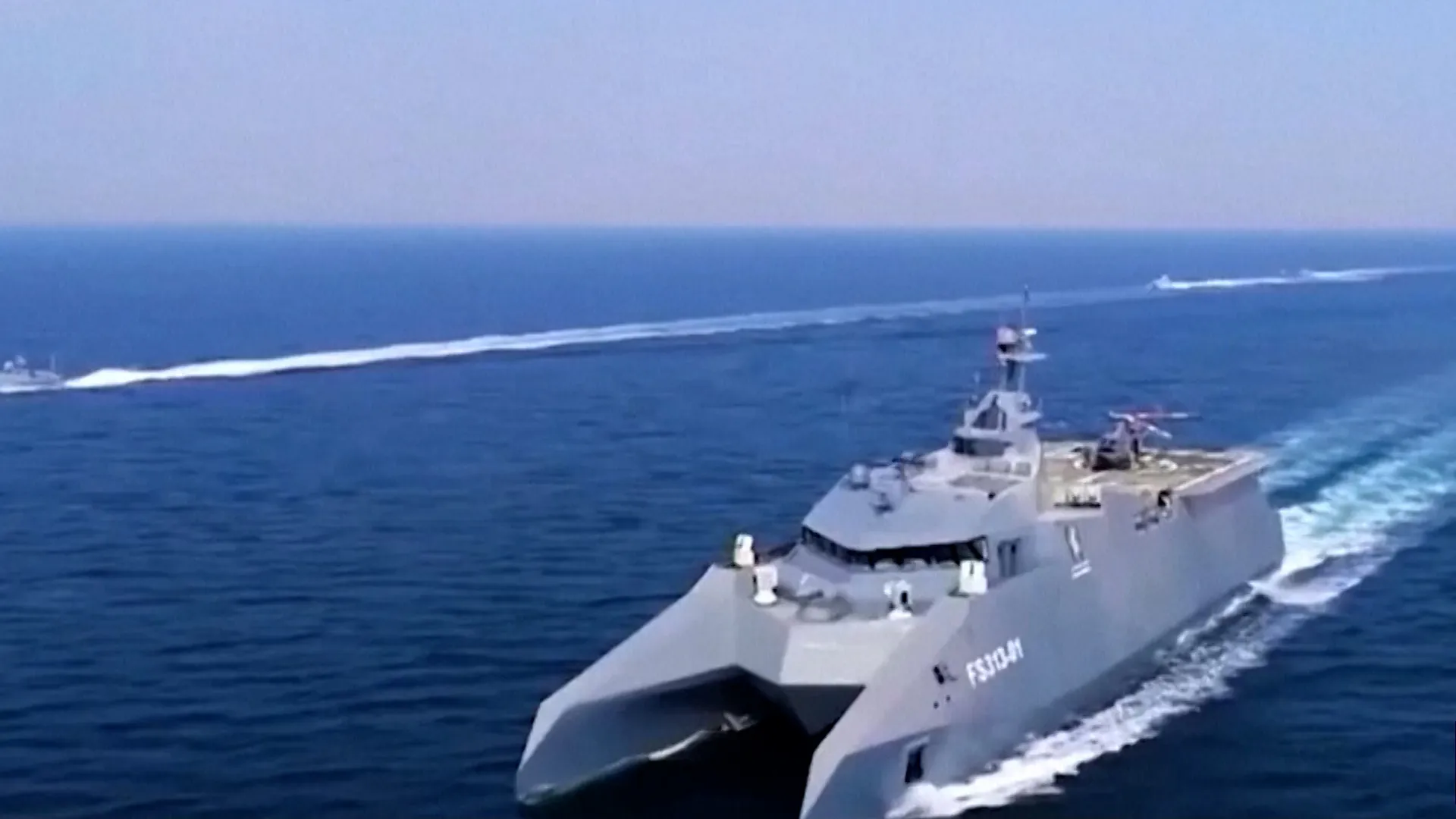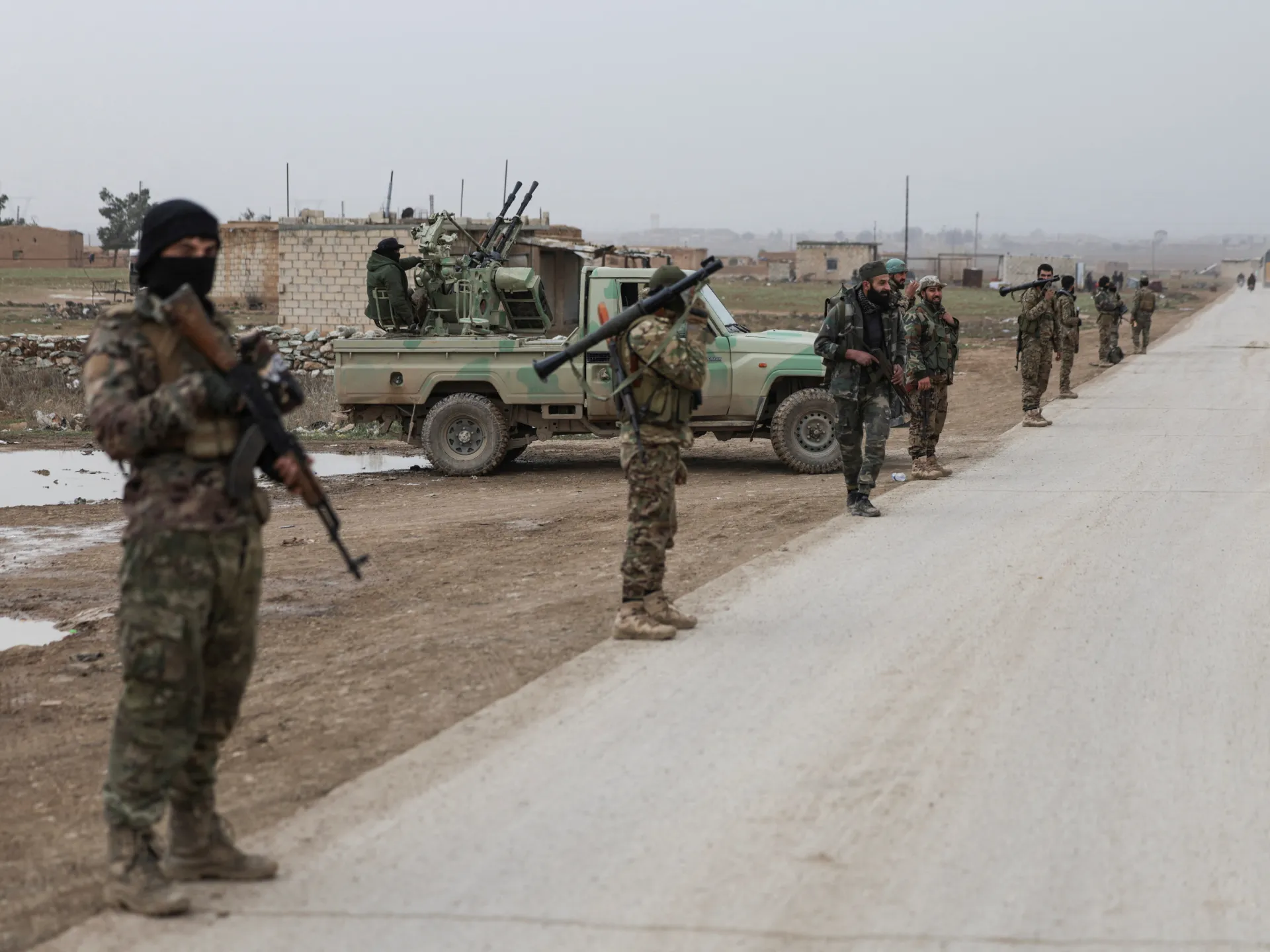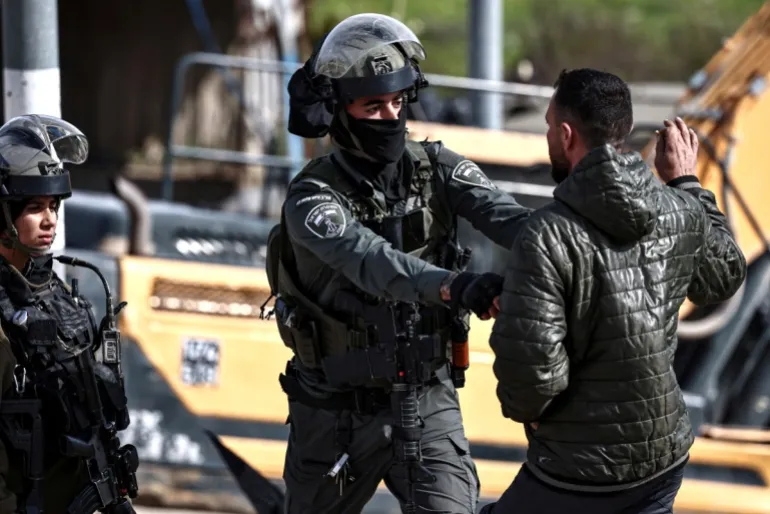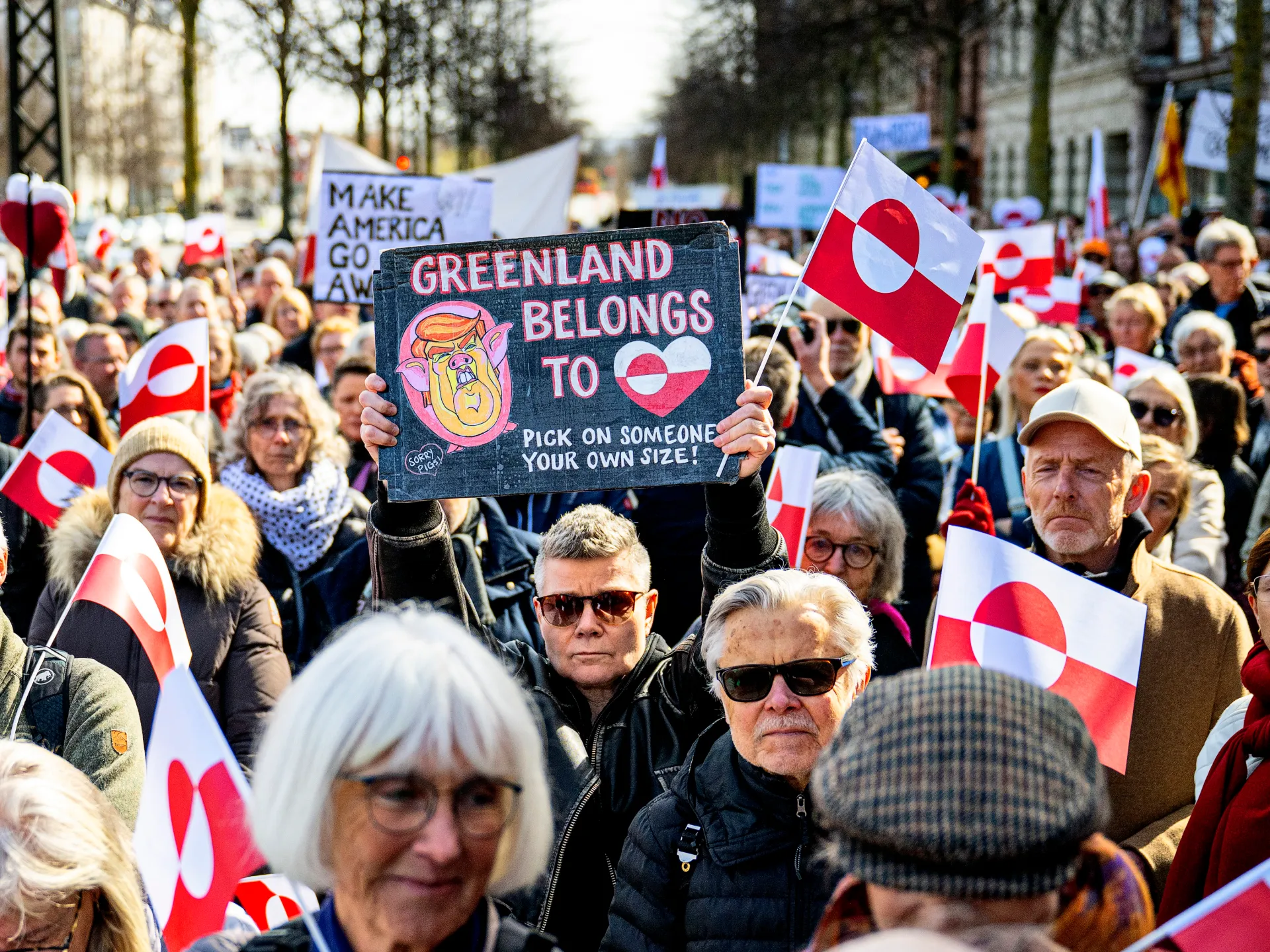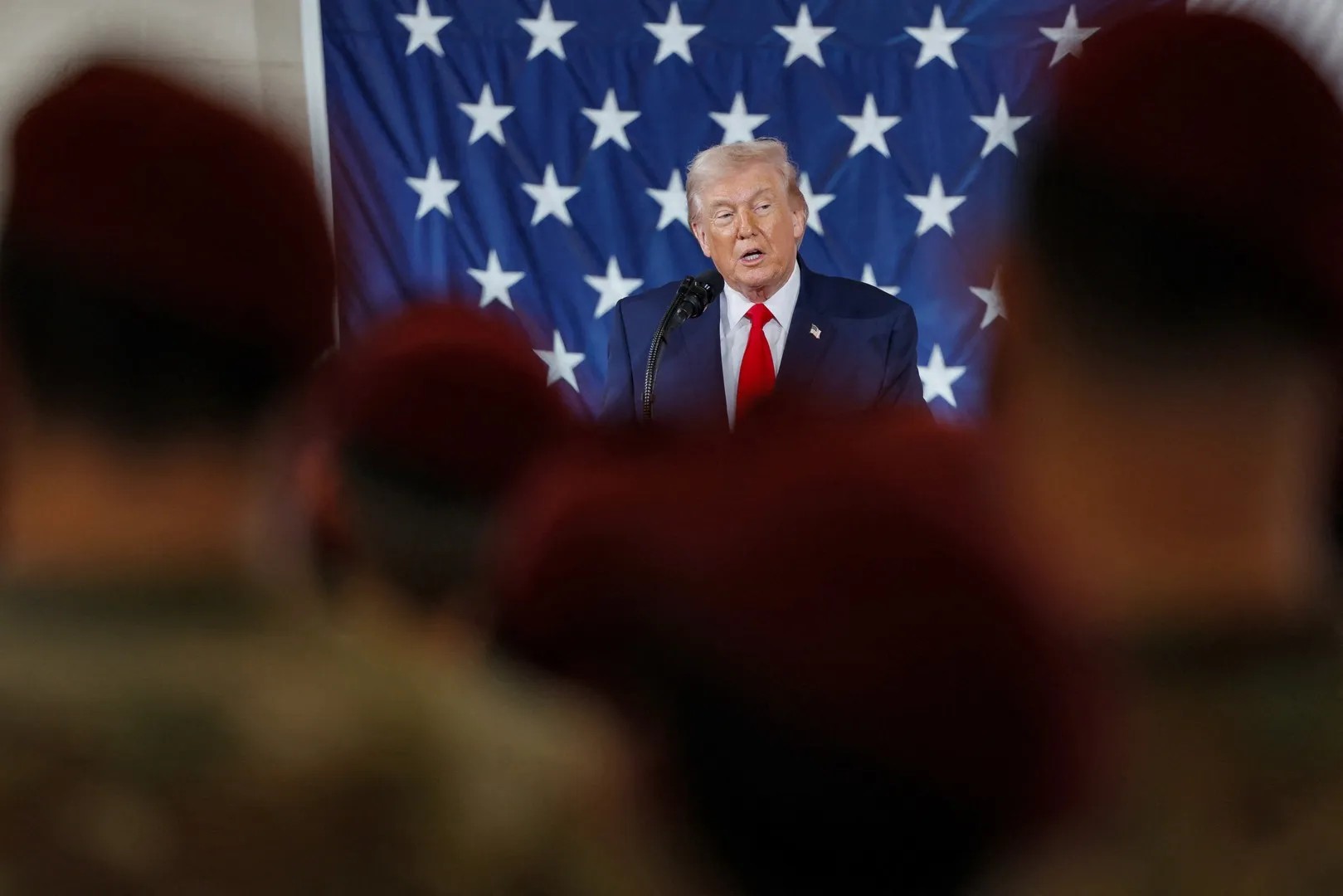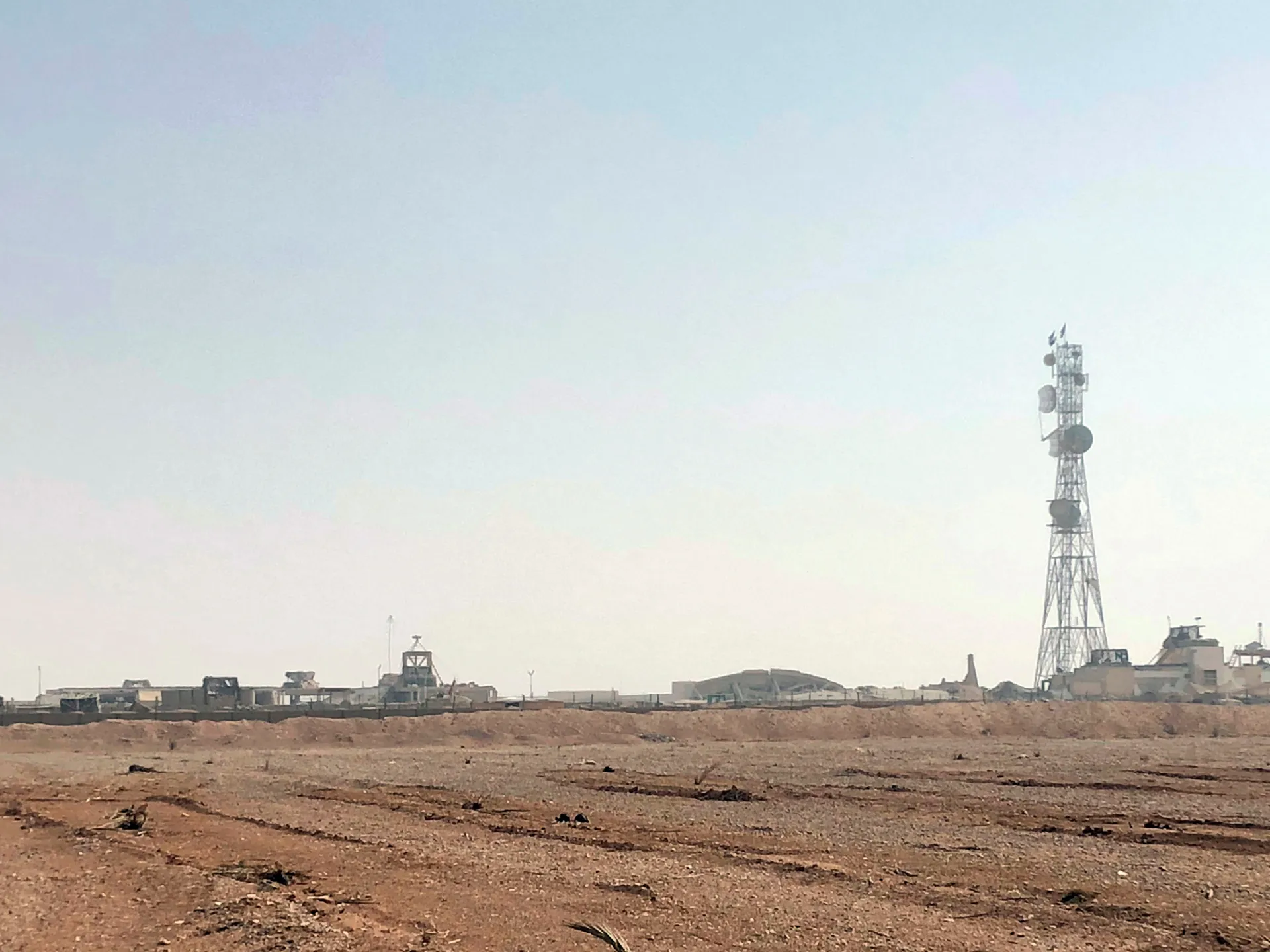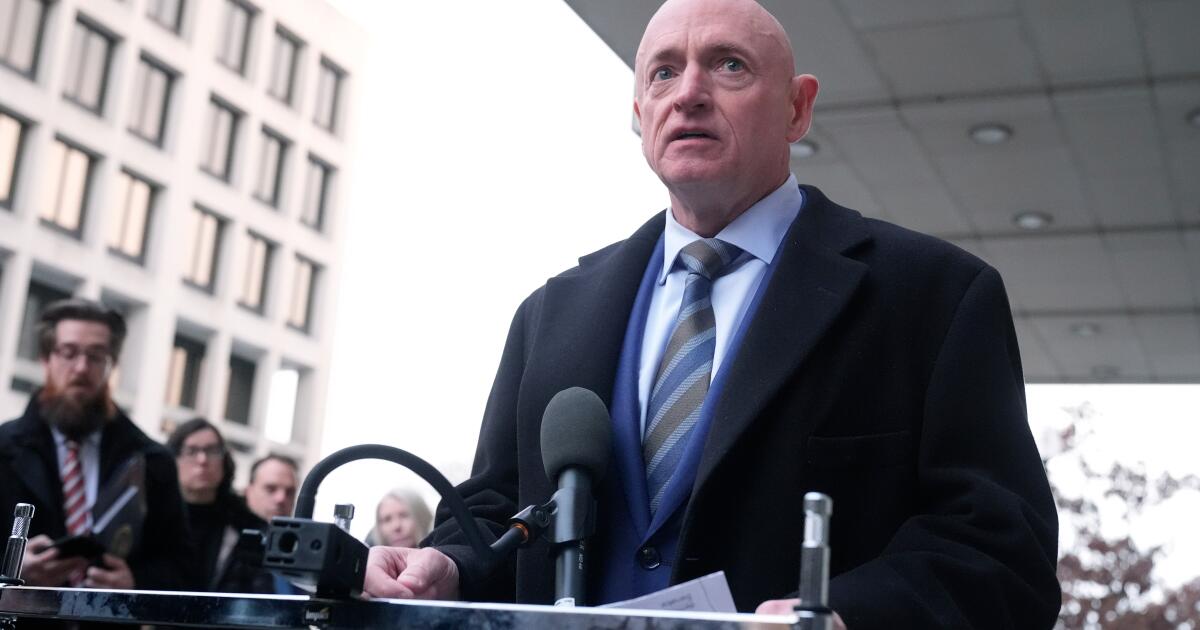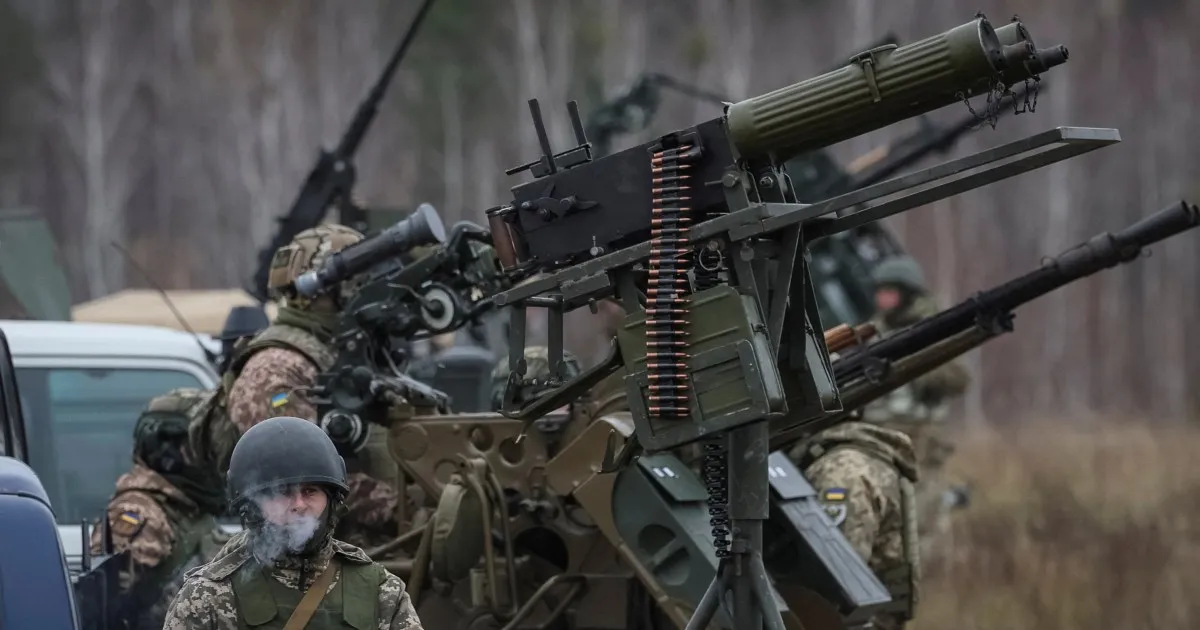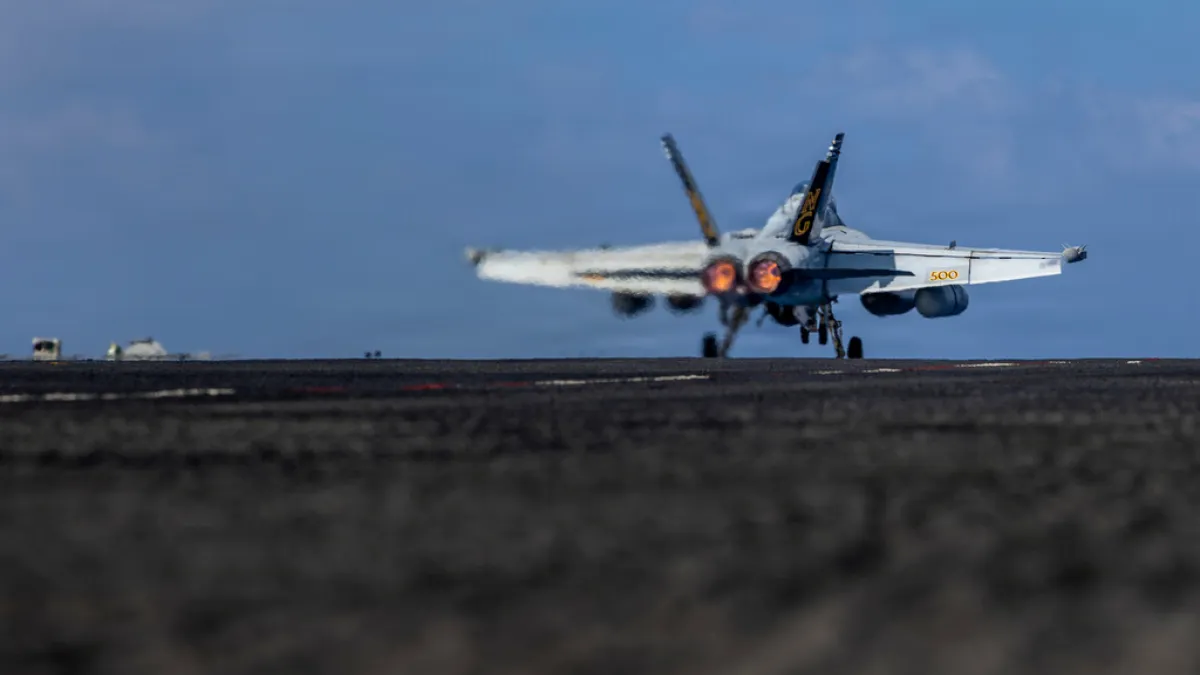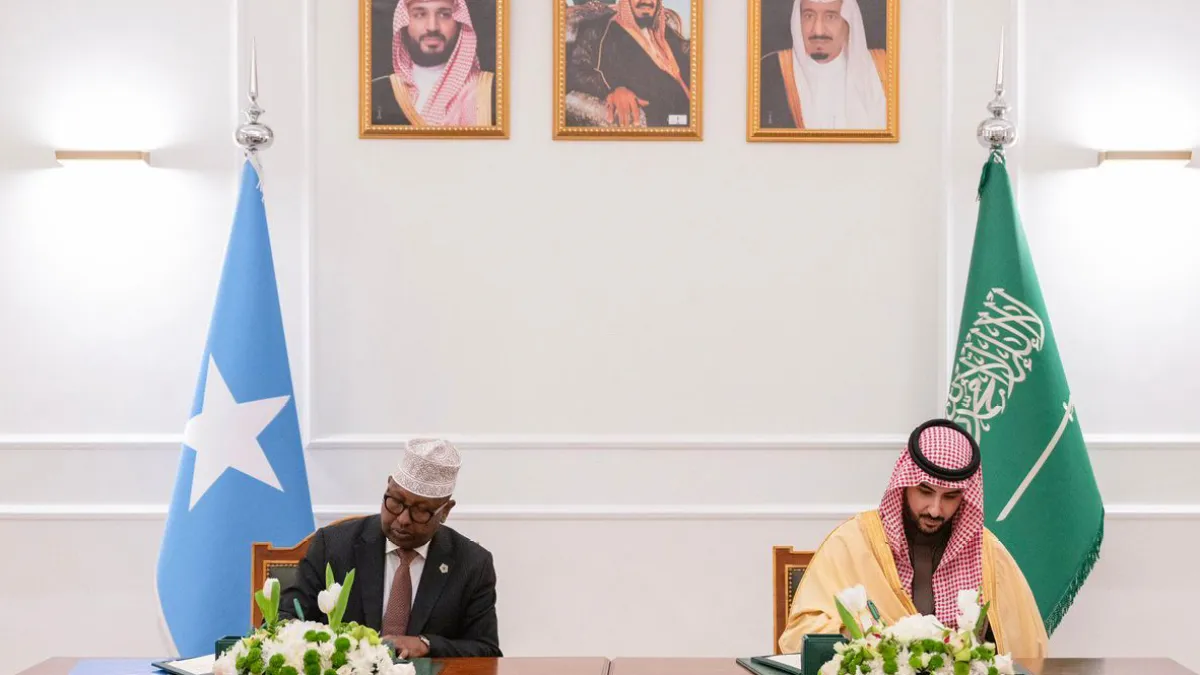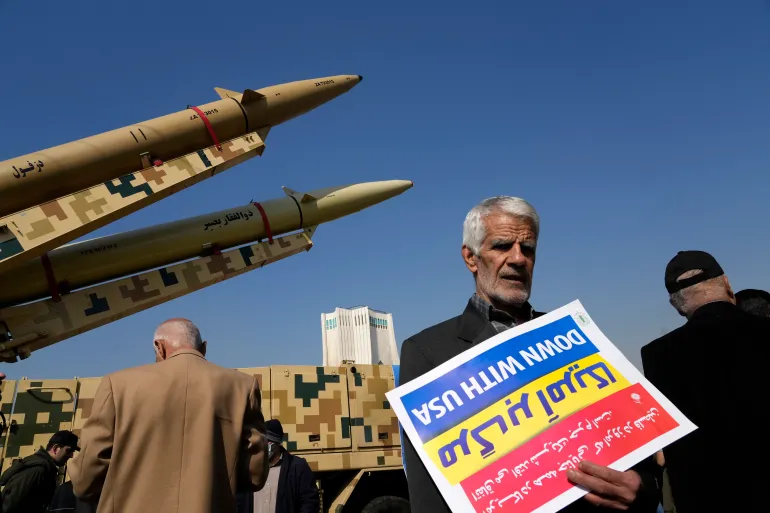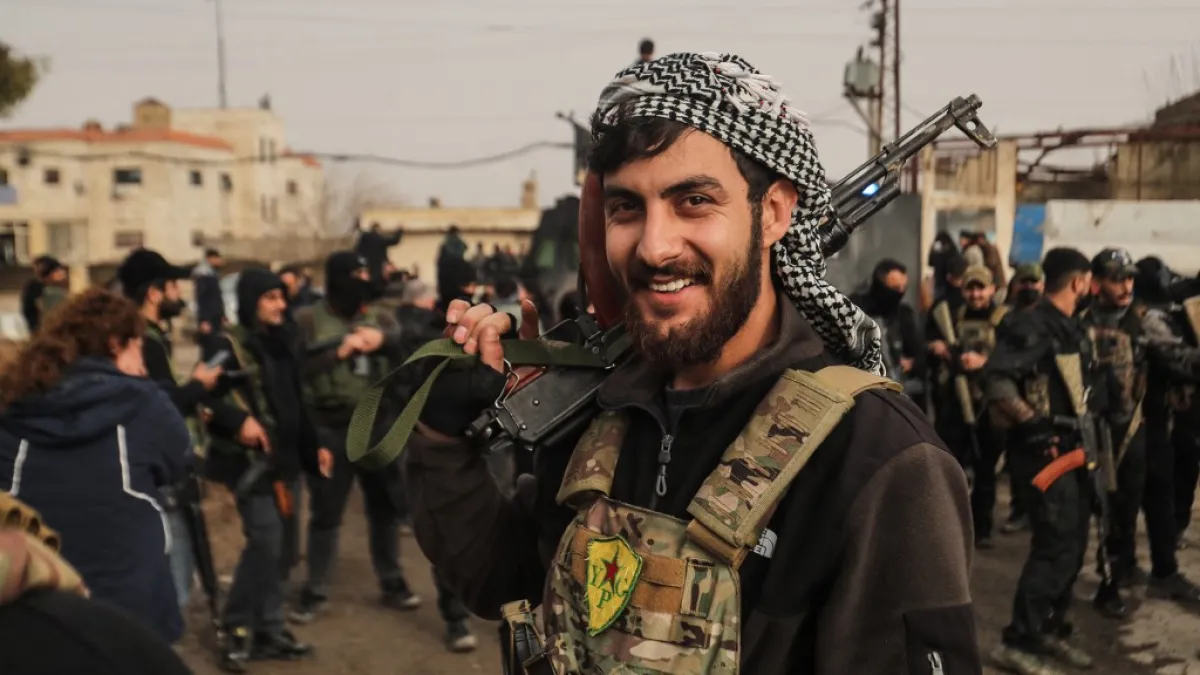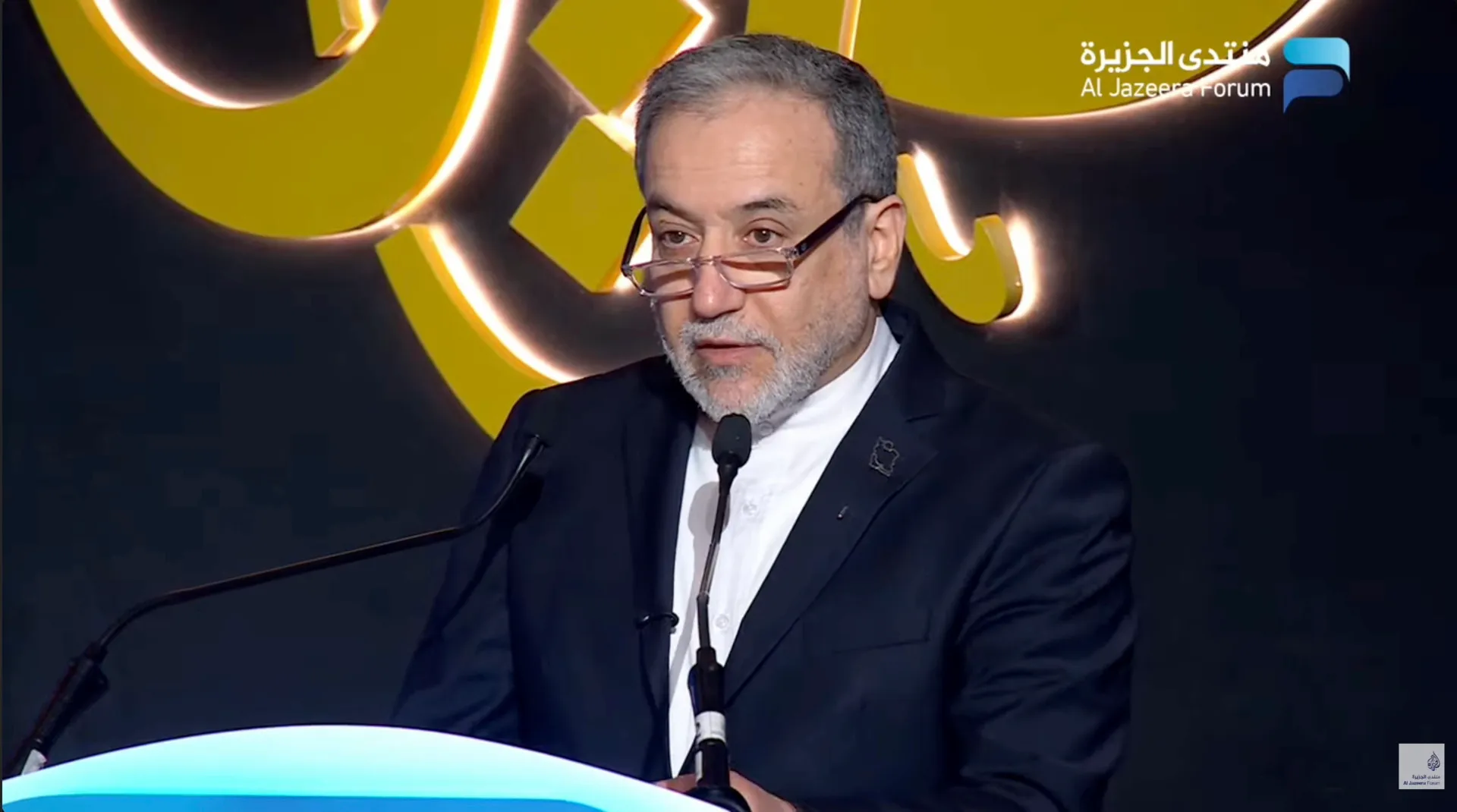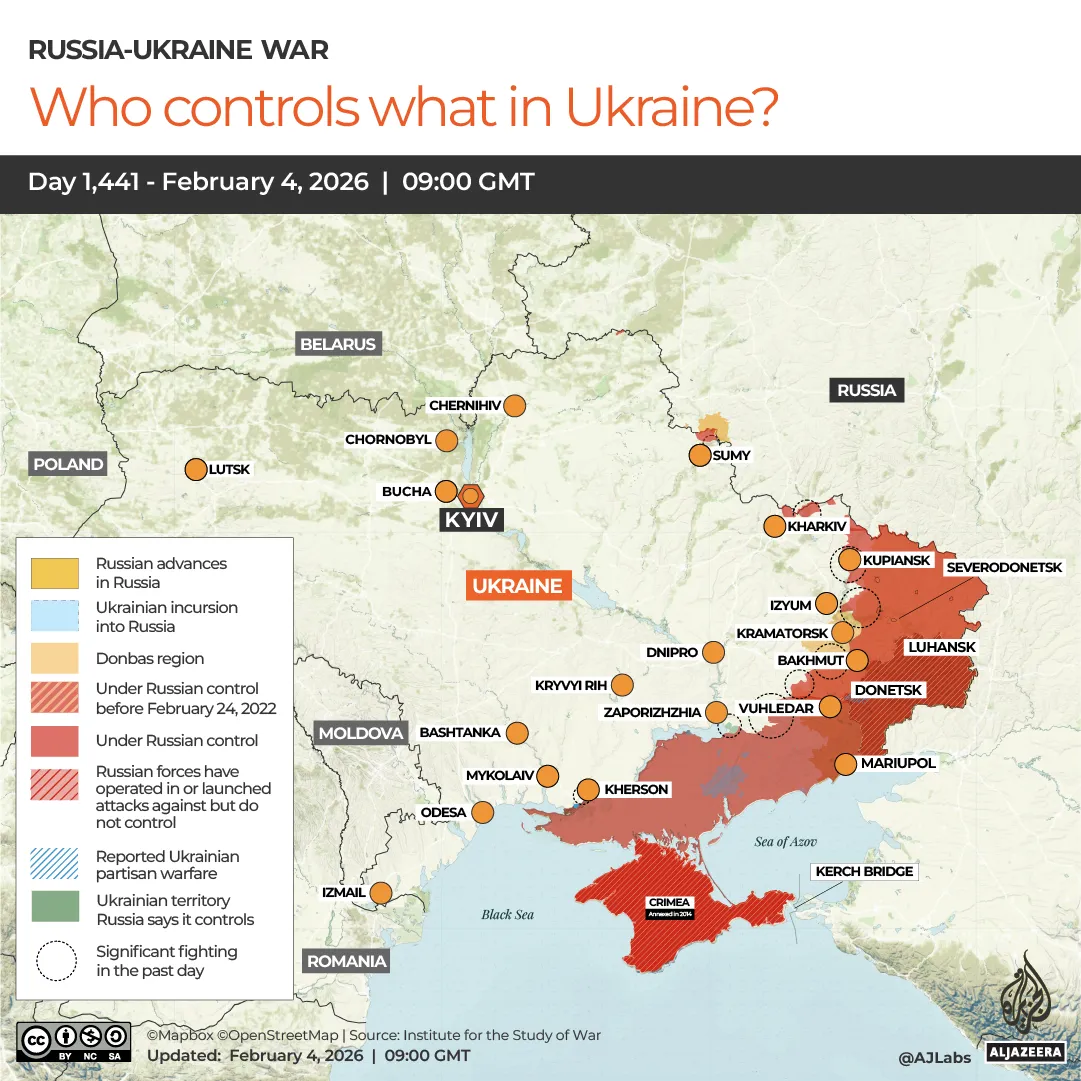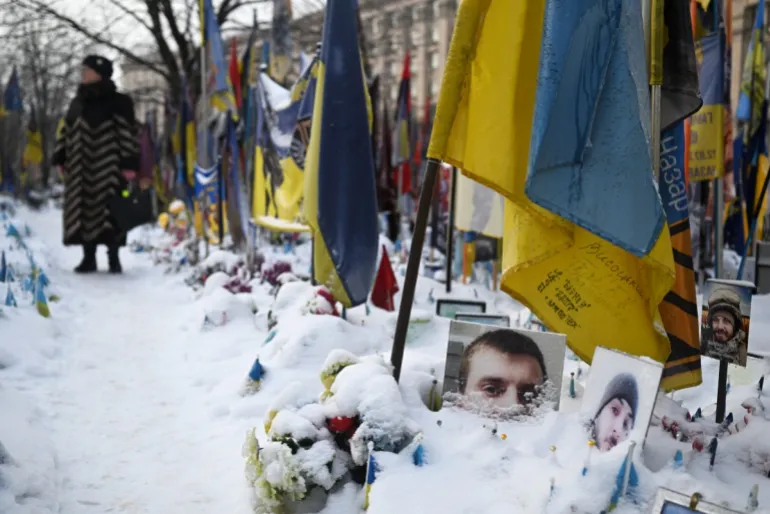Imran Khan’s sister rejects Pakistan gov’t claim jailed ex-PM’s vision fine | Imran Khan News
Islamabad, Pakistan – The sister of former Pakistani Prime Minister Imran Khan has told Al Jazeera that the family has rejected a government board’s claims that the cricketer-turned-politician’s eyesight has improved since a court report last week said he had lost most vision in one eye.
A government-appointed medical board examining the jailed ex-leader reported a significant improvement in his eyesight after weeks of controversy over his deteriorating vision. Its medical report, seen by Al Jazeera, claims that Khan’s vision in his right eye has improved from 6/36 to 6/9. His left eye remains at 6/6 vision with the use of glasses.
Recommended Stories
list of 4 itemsend of list
In ophthalmic terms, 6/6 vision means the person’s eyesight is fine. A 6/9 reading means the person can see at 6 metres (20 feet) what someone with normal vision sees at 9 metres (30 ft).
The assessment was carried out on Sunday by a two-member board comprising doctors Nadeem Qureshi and Muhammad Arif Khan. The specialists conducted a detailed examination at Adiala jail in Rawalpindi, where the 73-year-old founder of the Pakistan Tehreek-e-Insaf (PTI) party has been imprisoned since August 2023.
But Khan’s family said it had “no trust” in the authorities.
His sister, Aleema Khan, described it as “extremely concerning and unacceptable” that the government had resisted allowing Khan’s personal doctor and a family representative to be present during the examination and treatment.
“Without the physical presence of both his personal doctor and family representative, we categorically reject any claims made by the government regarding his examination, treatment or medical condition,” Aleema told Al Jazeera.
Aasim Yusuf, chief medical officer of the Imran Khan-founded Shaukat Khanum Memorial Hospital and one of Khan’s personal physicians, said in a video message that he had held a 40-minute conversation with the two doctors who examined Khan on February 15.
In the video, shared by the PTI on social media, Yusuf said the visiting doctors briefed him on the treatment and future plan of care, adding that according to their latest assessment, “Khan had shown significant improvement as a result of treatment and his vision had improved significantly as well”.
“I would be extremely happy if I was able to confirm that this was the case. Unfortunately, because I have not seen him myself and have not been able to participate in his care or to talk to him, I am unable to either confirm or deny the veracity of what we have been told,” Yusuf said.
Disputed diagnosis
The latest examination comes after reports last month that authorities had taken Khan late at night to a government facility for a medical procedure without informing his family. Following the outcry, Pakistan’s Supreme Court appointed Barrister Salman Safdar as amicus curiae to meet Khan and assess his condition.
In a seven-page report filed last week, Safdar painted a troubling picture. He wrote that Khan had suffered rapid and substantial vision loss over the past three months and that despite repeated complaints of persistent blurred and hazy vision, “no action was taken by the jail authorities to address these complaints”.
Safdar quoted Khan as saying that “only 15 percent” vision remained in his right eye.
PTI General Secretary Salman Akram Raja told reporters in Islamabad on Monday that the two doctors, one of whom was recommended after consultations with Yusuf, confirmed that Khan’s vision had improved.
“The two doctors who met him in jail said that Khan confirmed to them that he was unable to see the clock on the wall for a few weeks, [but] can now not only see that, but also the clock hands. According to doctors, this was an incredible improvement in his vision,” Raja said.
Aleema, however, insisted that the family could not accept any medical report until Khan’s physician examined him in person. She renewed the demand that he be transferred to Shifa International Hospital in Islamabad.
She accused the government of repeatedly misleading the family about Khan’s health.
“After our protest and Salman Safdar’s report, we were told that he would be taken to Shifa International Hospital, along with [the] presence of his physician as well as a family member, but then, abruptly, they [the government] changed the plan. How can we be suddenly denied?” she asked.
Aleema said authorities had asked the family to provide the names of doctors and relatives who could accompany Khan, only to reject each proposal.
“There have been repeated back-and-forth phone calls. We gave them the names of his personal doctors, including Dr Aasim. Another name we gave was our sister, Uzma Khan, to represent the family. But the response from the government was that no sister will be allowed to meet him,” she claimed.
She added that her brother had no underlying medical conditions, such as diabetes or high blood pressure, and described him as a political prisoner.
“Our hearts are breaking, and we are so frustrated. This is deliberate. When Salman Safdar went there and came back, he told us the story, and we cried hearing about Khan’s current situation. This is not just criminal negligence, this is outright criminal and deliberate,” she said.
Standoff over medical access
The PTI and its allies, who are holding a sit-in outside parliament, have promised to continue their protest until their demands are met, including access to Khan and his transfer to Shifa International Hospital.
Sheikh Waqas Akram, the party’s central information secretary, said the demand was straightforward and focused on securing “specialised treatment” for Khan.
“When you deny the family access, or the physicians recommended by the family, and when you break promises, how can we trust? We don’t even know what they have done with him. We believe the government is certainly hiding something,” he told Al Jazeera.
Aleema said she would hold a news conference on Tuesday outside Adiala jail and added that the family had not sought any concessions from authorities beyond medical access.
“Imran’s sons have been trying to visit Pakistan since last year and have applied several times, but their visa has not been processed. It is in limbo, they do not get a denial, nor an approval,” she said, referring to Kasim and Suleman, Khan’s two sons, who are nationals of the United Kingdom.

The sons were born during Khan’s first marriage to Jemima Goldsmith. The couple divorced in 2004 after nine years of marriage. Both sons are based in London.
Government rejects negligence claims
The government, meanwhile, has defended the medical board’s work. Law Minister Azam Nazeer Tarar said the treatment provided to Khan had led to improvement and that the specialist team had expressed satisfaction with his progress.
Speaking at a public event on Monday, Tarar said opposition leaders and Khan’s personal doctors had been briefed.
Minister for Parliamentary Affairs Tariq Fazal Chaudhry also said the examination inside the jail was conducted “in accordance with government directives and with complete transparency”.
“The government provided every necessary facility on site to ensure no question of any negligence arises,” Chaudhry wrote on social media, adding that Gohar Ali Khan, the PTI chairman in Khan’s absence, had been kept informed.
Imran Khan, a former Pakistan cricket captain who led Pakistan to its 1992 World Cup victory, became prime minister in 2018.
He was removed in 2022 through a parliamentary no-confidence vote, which he said was orchestrated by the military in collusion with Washington and his political rivals. Both the military and the United States have denied the allegations.
Since his ouster, Khan has blamed Army Chief Field Marshal Asim Munir for his legal and political troubles and has repeatedly urged supporters to protest.
In June 2024, a United Nations Working Group on Arbitrary Detention concluded that Khan’s detention “had no legal basis and appears to have been intended to disqualify him from running [for] political office”.
